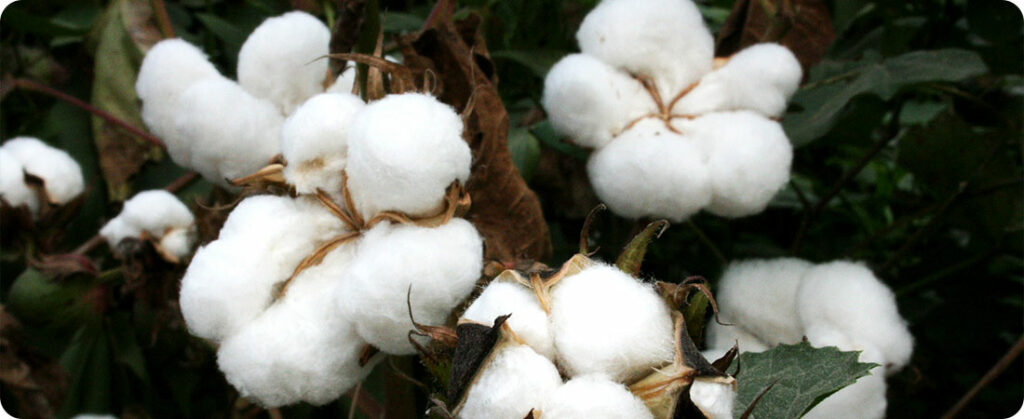
The Bahian Association of Cotton Producers (Abapa) announced the end of the sanitary void. This strategy is crucial to prevent the boll weevil in the western region of Bahia.
The sanitary vacuum began on September 10th. He highlighted the importance of destroying ratoons and crop residues immediately after harvest. This management is crucial to prevent the boll weevil in the next production cycle.
Preparation for the 2023/2024 cotton harvest was brought forward by ten days due to climate change in the region caused by El Niño.
During the two months of sanitary emptiness, after all, Abapa technicians concentrated their efforts on the campaign “A fiber team against the boll weevil”, aiming, in fact, to raise awareness among producers about good sanitary management practices. This included, similarly, the destruction of ratoons immediately after harvest and instructions to cotton transporters to ensure the correct packaging of the cargo and avoid losses during transport.
Antônio Carlos Araújo, coordinator of Abapa's phytosanitary program, previously highlighted the collaboration between technicians and producers. They monitor boll weevil infestations, identify effective strategies and support combat measures, such as the destruction of voluntary plants on roadsides and in cotton fields.
Abapa's campaign covers a broad protocol against the boll weevil. This involves, however, combating outbreaks in the field, monitoring attacked flower buds and adopting control levels for the boll weevil and other pests. Eventually, this integrated approach aims to ensure the effectiveness of actions, also contributing to the preservation of cotton culture and the sustainability of the sector.
Despite the authorization for sowing the cotton, producers are waiting for the best moment in terms of rain and soil preparation, as stipulated by ordinance of the Bahia Agricultural Defense Agency (Adab) 086, of September 25, 2023.
The sowing period will be extended until December 31st. This will occur according to the harvest calendar defined by the Regional Cotton Technical Commission (CTR). The CTR is made up of representatives from Adab, Abapa, Fundeagro, consultants and researchers. Ordinance 201 of 2019 remains unchanged.
Source: datagro










